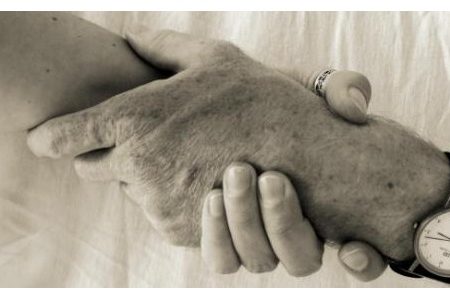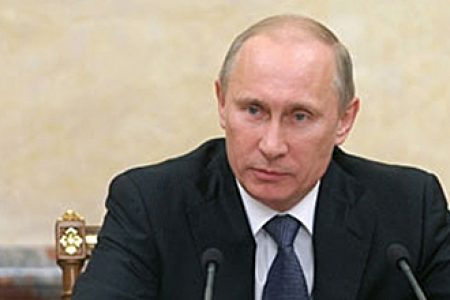Why does Russia keep sending aid convoys to Ukraine and why does Ukraine resist?
Russia has just sent its third aid convoy to Ukraine. As on both previous occasions, Ukraine opposed the aid. Why does Ukraine resist Russian help, and why does Russia persist in sending it?
On 20 September 2014, the media reported that Russia had just sent its third convoy of humanitarian aid to Ukraine. As with the previous convoys in August and early September, the Ukrainian government vehemently opposed the Russian operation, calling it blatant provocation.
Why would the Ukrainian government want to reject truckloads of free food, water, and electricity generators, when it’s obvious that the humanitarian situation in the conflict regions is desperate and that help is urgently needed? And why would the Russians donate convoy after convoy of supplies when the Ukrainian government has made it abundantly clear that this aid is not wanted?
Resisting help
In its official response, the Ukrainian government claims it resisted Russian aid because it feared the Russian trucks might be smuggling weapons or other military equipment into Ukraine, thus aiding the Russian separatists. But so far, no such equipment has been found in any of the convoys. So why all this resistance? Research on the strategic side of between-group helping can shed more light on this issue.
Weakness and dependency
Drawing on the complicated Palestinian-Jewish conflict in Israel, researchers have developed a model in which it is argued that receiving help is often seen as a sign of weakness and dependency. If the provider of help is a friend, we don’t mind being dependent. Indeed, Ukraine was more than happy to accept humanitarian help from NATO. However, if the provider of help is someone we are in conflict with, the last thing we want is to appear dependent on this enemy.
Together with two colleagues, I investigated this in a laboratory experiment , in which teams of university students competed to obtain the highest score in a difficult knowledge quiz. During this quiz, they had several opportunities to ask another team for help if they didn’t know the answer. Some of these teams, however, had been led to believe that the other team had a very negative opinion of them. These teams were much less willing to seek help from the other team, which they now thought of as their enemy, even if their own score on the knowledge quiz suffered as a consequence.
An act of kindness
At least as intriguing as Ukraine’s rejection of Russian aid is the latter’s persistence in offering it. But this, too, can be explained by the model developed by our Israeli colleagues. Where recipients of help are often seen as dependent, providers of help are seen as powerful. And in a conflict situation, that’s exactly the image you want to create. But the appearance of power and control isn’t the only outcome of helping. Since helping others is generally seen as an act of kindness, those that offer aid can boost their image by appearing warm and generous. And in a conflict situation, where various acts of hostility can lead others to see your country as cold and heartless, this can be a very smart move.
Psychological warfare
So is the Ukrainian government heartless and uncaring in denying its deprived citizens Russian aid? No, it’s only trying to protect its autonomy and independence from what can indeed be a very powerful enemy. Is Russia then blind to the Ukraine’s need for independence? Absolutely not. It is exactly this independence that Russia is trying to undermine. This war is not just being fought with weapons but with what can often prove a much more powerful tool: psychology.





